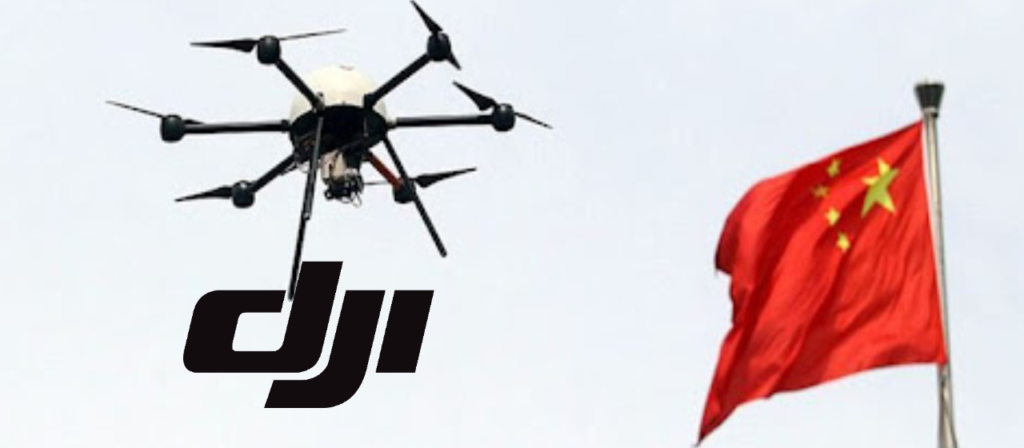Table of Contents

U.S. Moves to Restrict Chinese Drones Amid National Security Concerns
U.S. Commerce Department Considers New Rules for Chinese Drones
The U.S. Commerce Department is exploring new regulations that could restrict or ban Chinese drones in the United States, citing national security concerns. The department is seeking public comments on the potential rules by March 4, highlighting threats from Chinese and Russian technologies.
Focus on National Security Risks
The proposed measures aim to safeguard the U.S. supply chain, addressing concerns that adversaries could exploit drones for remote access, manipulation, and data exposure. These rules are part of broader efforts to mitigate risks from drones equipped with Chinese or Russian components, chips, or software.
Legislation and Actions Targeting Chinese Drones
Recent legislative and executive actions have intensified scrutiny on Chinese drone manufacturers:
- December Legislation: New laws could prohibit companies like DJI and Autel Robotics from selling new drone models in the U.S. unless cleared by a national security review within a year.
- Congressional Actions: In September, the House of Representatives voted to ban new DJI drones from operating in the country.
- Pentagon Restrictions: Congress previously barred the Department of Defense from purchasing or using Chinese drones or components in 2019.
DJI’s Response and Legal Challenges
DJI, the world’s largest drone manufacturer, has faced significant challenges:
- Legal Action: The company filed a lawsuit against the Defense Department for labeling it as affiliated with Beijing’s military. DJI argues the designation is incorrect and financially harmful.
- Import Restrictions: U.S. Customs has blocked certain DJI imports under the Uyghur Forced Labor Prevention Act, though DJI denies any forced labor involvement in its manufacturing process.
The Path Ahead
The Commerce Department’s final decision on drone regulations will reflect broader national security priorities. The proposed rules underscore ongoing concerns over data transmission, surveillance, and the integrity of the U.S. supply chain in the face of emerging global threats.